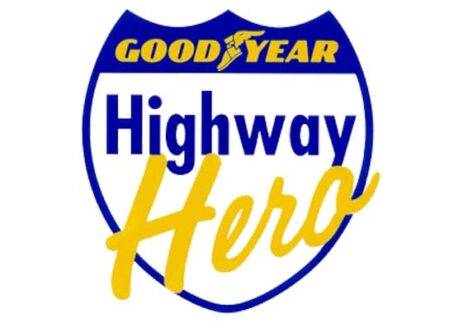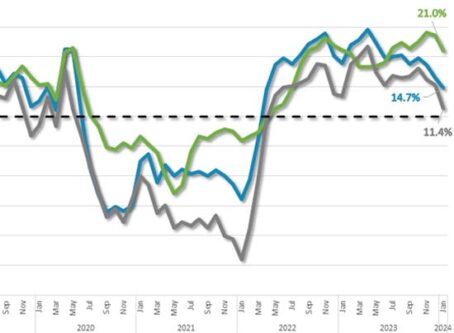Todd Spencer talks history of owner-ops, OOIDA at ATHS
While he doesn’t consider himself a trucking historian by any means, Todd Spencer has witnessed some of the most momentous occasions in trucking. And as the president and longtime member of the Owner-Operator Independent Drivers Association, he’s helped the Association make trucking history.
Much of that was discussed across an hourlong seminar on the history of owner-operators and OOIDA, as part of the American Truck Historical Society’s first virtual convention.
“Trucking is not an industry that’s ever attracted the faint of heart,” he said. “You don’t get into this business unless you’re willing to accept the challenge. And it’s always been that way. And I suspect it always will be that way.”
Spencer said that both he and OOIDA Executive Vice President Lewie Pugh had plans to attend this year’s conference when it was slated for the Illinois State Fairgrounds. Organizers opted to conduct a virtual show this year, because of the COVID-19 pandemic.
Watch OOIDA President Todd Spencer’s webinar on the history of owner-operators and the Association
David Schnautz, ATHS convention committee chair and an OOIDA senior member, says the historical society “has always been proud and appreciative of our relationship with OOIDA.”
“OOIDA is fighting for the future of the trucking industry, and ATHS is fighting to preserve trucking’s past,” he said. “ATHS’s goal for trucking history is already set. We simply try to put it all together and save it.
“With over 19,000 members we still have a vast array of knowledge out there to pull from. It’s nothing short of amazing when our members get together and start talking.”
During his presentation, Spencer said that looking at older trucks like those on display at ATHS events often bring back fond memories of his time trucking. But the march of time hasn’t necessarily been bad in terms of the evolution of truck equipment and technologies, either.
“The realization shouldn’t be lost on anyone that if you were an early trucker you had to be a hearty soul,” he said. “Because none of this stuff had air conditioning. Trucking existed for a long time before power steering came along. And in a lot of instances, you better know something about your equipment because you may have to do a breakdown on the side of the road, or if something comes up, you better know how to change fuel filters and fix lights and things like that. Because if you don’t, you’re not going to survive.”
Spencer also contrasted his time driving truck in the days of the Interstate Commerce Commission versus the days of deregulation that followed.
Prior to deregulation, trucking was largely a regional affair, with the ICC telling drivers what they could and could not haul and where. After deregulation, the industry evolved and expanded.
“After deregulation anyone could get authority to haul anything, anywhere … Prior to deregulation, most trucking companies were run by trucker,” he said. “After deregulation, the evolution moved away from truckers running trucking companies. But then you had MBA, you had accountants, and you had attorneys that moved in to running trucking companies. And they were built on with the notion of they take these companies public use investor money to expand.”
Spencer recalled OOIDA’s formation in 1973 as a result of fuel rationing brought about by the Arab oil embargo. A group of truckers decided to band together to become a unified voice representing drivers’ interests in Washington, D.C.
Among the most significant victories won by the Association was a lawsuit that led to the abolishment of the Tennessee Public Service Commission in 1994.
For decades, the PSC had been targeting and mistreating out-of-state truckers, forcing them to submit to bogus inspections and tossing them in jail in they refused to comply. The treatment was something Spencer witnessed for himself while trucking in the 1970s.
“My personal practice then was I would never go to sleep in a Tennessee rest area unless it was the very last one in the state, and I could get all the way to the far end of the rest area,” he said. “Because I knew if I didn’t, when I woke up, they would be there would be a Public Service Commission inspector right there and basically would put me through that rigmarole.”
Spencer said OOIDA took up the issue because “no one else would.”
“There would be no one else in the country that would that would actually raise that as an issue and take it head-on.”
As far as trucking challenges today, Spencer said OOIDA continues to fight on behalf of drivers. He says one of the biggest changes that needs to be made in the industry is to increase the value placed on a driver’s time.
“If a driver’s time is recognized by others in the supply chain as valuable, they quit wasting it. And the quickest way to get somebody to quit wasting your time is to have it start costing them some money,” he said. “Then they start figuring out how they can better spend their money. And wasting your time shouldn’t be part of that.”









